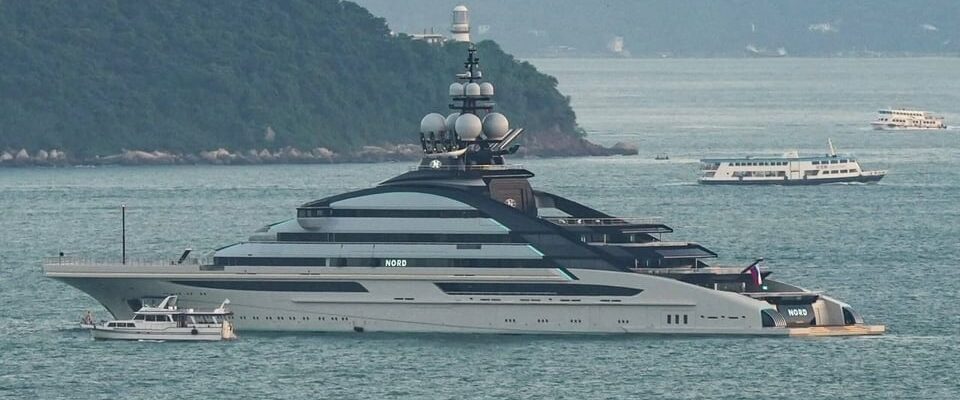contents
Financing the reconstruction of Ukraine with Russian assets: This idea is currently being hotly debated. But there is no legal basis for the confiscation of blocked oligarch funds. An overview.
What is Switzerland’s position? Federal Councilor Ignazio Cassis does not rule out the use of the frozen Russian assets. «Damage caused must be repaired by the aggressor. This principle applies,” said the Foreign Minister. But at the moment there is no legal framework for the confiscation of frozen funds in Switzerland.
Why is expropriation problematic? “Today there is no legal basis for confiscation,” writes the Swiss Bankers Association on request. It is a matter of state policy and the rule of law that needs to be clarified in depth by politicians. But: “Switzerland should definitely not go it alone with regard to all sanctions measures, but continue to act in an internationally coordinated manner.”
Which countries have already decided on measures? Canada recently announced it would confiscate $26 million from Roman Abramovich and transfer it to Ukraine for reconstruction. For the first time, a G7 country has taken such drastic measures. Croatia is planning something similar and wants to auction a yacht owned by a Putin confidant for the attention of Ukraine. The EU Commission has also made a proposal that goes in the direction of expropriations. The US Senate also passed a similar motion just before Christmas.
What do experts say about this? Expropriation of Russian assets is tricky for Gretta Fenner, an expert in the repatriation of illegally acquired assets. The fact that Canada wants to confiscate Russian assets simply because they are sanctioned is problematic for Fenner. “In my opinion, this corresponds to a type of expropriation that is otherwise known from dictatorships.”
US investor and anti-Russia activist Bill Browder sees things differently. “All frozen Russian funds should not just be frozen, they should be confiscated.” After that, they should flow into the defense and reconstruction of Ukraine, according to Browder. Because Putin created this problem and he should pay for it.
What options does Switzerland have? “An idea that the EU could also tackle is to introduce the circumvention of sanctions in the law as a predicate offense for money laundering,” explains Fenner. Then you could confiscate individual funds that are a fact of this circumvention. “On the other hand, Switzerland could provide the law enforcement authorities with more resources to find funds that actually come from a financial crime in the sanctioned funds,” says the expert. The funds could be confiscated in accordance with the rule of law via the Money Laundering Act.
Legend:
A luxury yacht in Hong Kong waters owned by sanctioned Russian oligarch Alexey Mordashov. (Picture from October 06, 2022)
IMAGO/Sam Tsang;
What does Swiss politics say about this? It is currently difficult to get a political majority for expropriations in the predominantly bourgeois parliament. In parliament, the SP’s demand for confiscation of the assets of sanctioned persons from Russia and Belarus did not receive a majority in June with 78 votes to 103. SVP, FDP and most members of the middle faction rejected the initiative.
